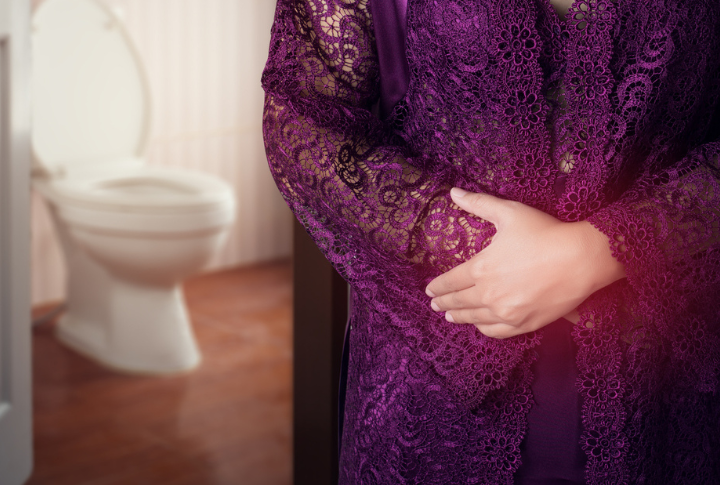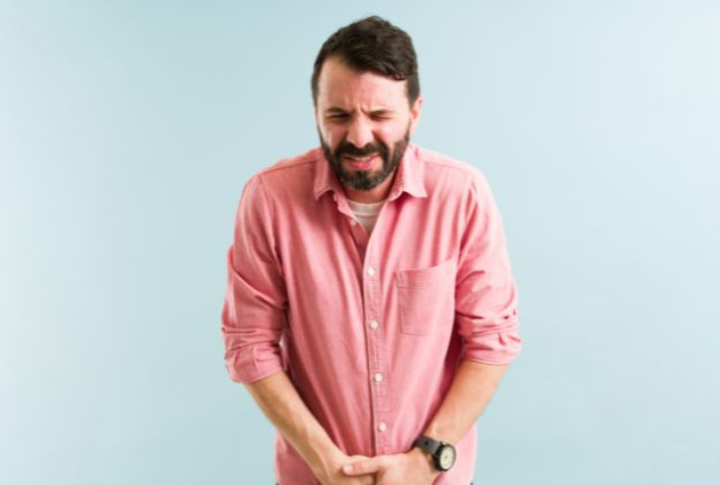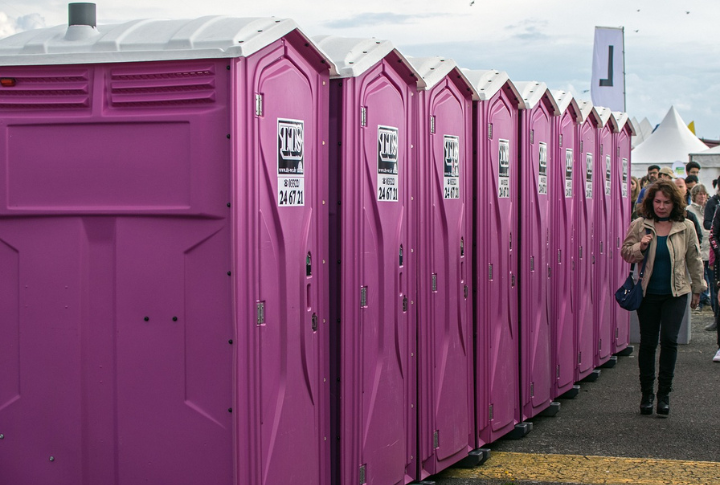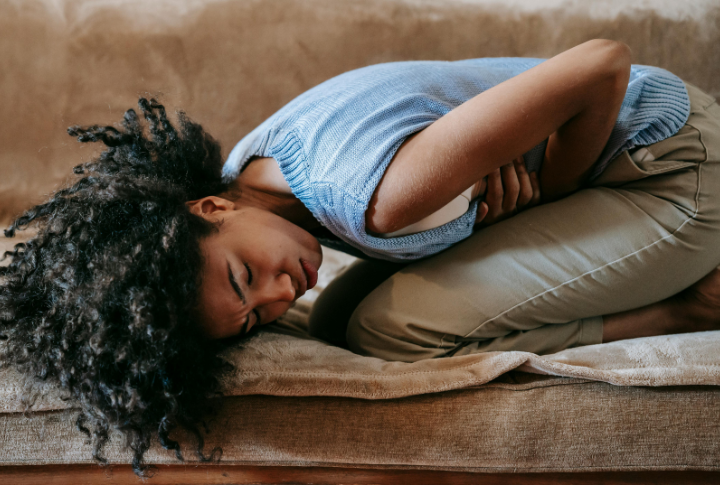
We’ve all been there—cozily snuggled in bed, only to be rudely awakened by the need to make a midnight trip to the bathroom. Even though it’s common, especially as we age, frequently waking up to pee can disrupt your sleep and leave you tired during the day. Wondering why you keep waking up to pee? Let’s explore the top ten reasons behind those nightly nature calls and find out what might be causing your restless nights.
Aging

As we age, our bodies produce less antidiuretic hormone, which helps concentrate urine during sleep. This decline leads to increased nighttime urine production, making older adults more likely to wake up to pee. While this is a natural part of aging, managing fluid intake and discussing potential treatments with a healthcare provider can help.
Medications

Certain medications, including diuretics, antihistamines, and blood pressure medicine, can boost urine production and lead to more frequent nighttime urination. If this is your case, discuss your symptoms with your healthcare provider to find a solution. They may adjust your medication schedule or suggest alternatives that have less impact on urination.
Caffeine

Studies show that caffeine can decrease bladder capacity, elevating urination frequencies, particularly in individuals with bladder issues. Consuming caffeine below 100 milligrams daily (approximately one cup of coffee) is advisable for those prone to nighttime awakening. Notably, the effects of caffeine can last several hours.
Diabetes

When blood sugar levels rise too high, the body can’t adequately absorb excess glucose (sugar). This overflow spills into the urine. As glucose exits the body, it acts like a magnet, pulling water through osmosis. As a result, the kidneys produce more urine, leading to frequent urination and even disrupting sleep with nighttime trips to the bathroom.
Prostate Problems

BPH (benign prostatic hyperplasia) is a condition in which the prostate gland, located right below the bladder, gets bigger. This squeezes the urethra, the tube that carries urine out of the body. The squeeze reduces the bladder’s storage space. It exerts pressure on its walls, which triggers the frequent and urgent need to urinate, especially at night.
Overactive Bladder (OAB)

OAB is a common condition in which a person experiences an uncontrollable urge to urinate, often accompanied by increased frequency of urination and nighttime awakenings (nocturia). In some cases, involuntary leakage of urine may occur, especially when the urgency is overwhelming.
Sleep Apnea

For roughly half of people with sleep apnea, nighttime urination becomes a frequent issue. This condition, characterized by interrupted breathing throughout sleep, can also trigger an overactive bladder. The culprit? The pressure changes that occur in the chest and abdomen during sleep apnea may stimulate the bladder, leading to nocturia, the medical term for frequent urination at night.
Pregnancy

Pregnancy can cause bladder problems. First, the growing uterus puts pressure on this vital organ, leading to more frequent urination. Second, pregnancy hormones can heighten bladder sensitivity, making you feel the urge to go even when your bladder isn’t quite full. However, exercises that strengthen your pelvic floor muscles can help regain bladder control and reduce that constant “gotta go” feeling.
Urinary Tract Infections (UTIs)

UTIs are a common cause of frequent nighttime urination, especially in women. When certain bacteria or infections find their way into the urinary tract, they may cause inflammation and irritation. As a result, you start to experience unusually elevated urination coupled with discomfort or a burning sensation while peeing.
Dehydration

Dehydration may be counterintuitive, but it can lead to more frequent urination, including nighttime trips to the bathroom. When you don’t drink enough fluids throughout the day, your body goes into water-saving mode. This concentrates your urine, irritating your bladder and triggering the urge to go.

Comments
Loading…